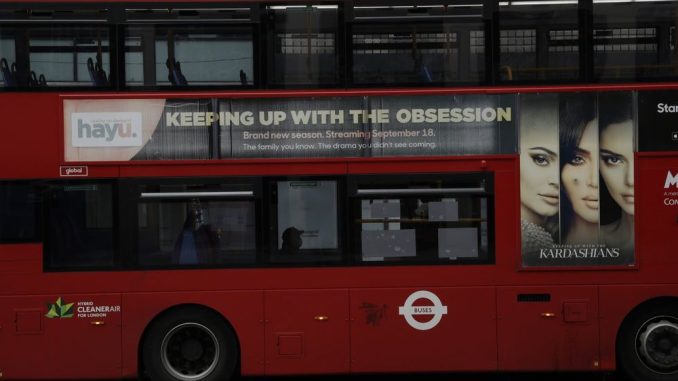

A passenger wearing a mask to curb the spread of coronavirus sits on a double-decker bus during a coronavirus lockdown, Friday, March 26, 2021. (AP Photo/Matt Dunham)
OAN Newsroom
UPDATED 8:26 AM PT – Thursday, August 4, 2022
According to a new study, restaurant and business closures were not an effective way to stop the spread of COVID-19. The data, published in the peer-reviewed journal Scientific Reports, found these closures actually do not contribute to the suppression of the coronavirus.
Researchers in Japan conducted the study throughout the two years of lockdowns on the country, following a model where a large pool of subjects periodically answered surveys. According to data they compiled, the closure of restaurants and bars in the country did not lead to a notable decrease in symptoms among the Japanese people, except less cough among college graduates.
The study summarized that given the detrimental effects the COVID-19 lockdowns have had on people, alternative measures for full service restaurants and bars should be considered before they are closed completely. The findings come as human rights activists and some American scientists have argued mass lockdowns have harmed society more than they helped.
United Nations Women found that the COVID-19 lockdowns have caused a “shadow pandemic” with skyrocketed gender abuse and domestic violence cases. Additionally, the American Medical Association noted a spike in suicide cases in the US during lockdowns.
“We can see how the impact of COVID-19 and unemployment can impact social acclimation, mounting bills, housing concerns, interpersonal difficulty, untreated medical concerns, substance misuse,” explained Stephen O’Connor, Health Scientist Administrator at the National Institute of Mental Health. “And how overtime those can manifest into what we deem more suicide specific mechanisms such as sort of a longingness, a variance version of feeling isolated and not belonging.”
Though monkeypox cases are rising in the US and variants of the coronavirus continue to cause infections, research indicates lockdowns do not appear to be a viable or practical option to combating either.





Be the first to comment